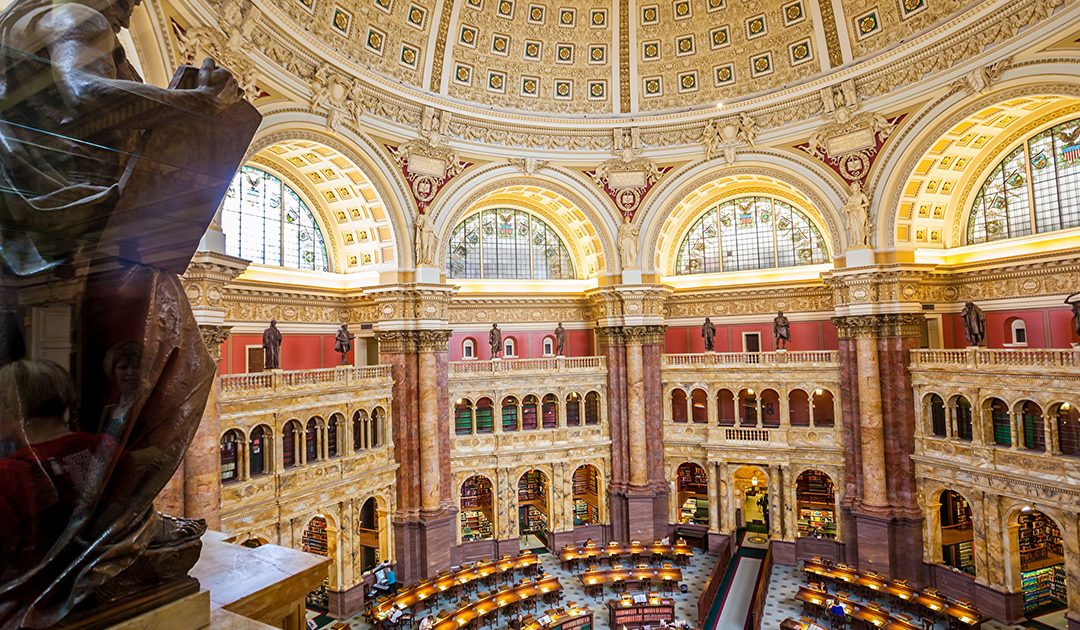Governors’ State of the State addresses kicked off legislative sessions in a majority of states this week, and it gave us the first glimpses of what kind of action on climate change we could see at the state level in 2019.
In the West, which has already experienced climate change impacts in the form of extreme drought and wildfires, the desire for action appears to be crossing party lines, depending on the issue.
Across the landscape, most states will be pursuing policy goals to enhance transportation electrification and achieve recently enacted renewable energy standards for utilities.
Measures to conserve, store and parcel out water will continue in the seven states that depend on the Colorado River for significant portions of their municipal and agricultural supplies.
The most pronounced policy splash is likely to be in Oregon where Governor Kate Brown of Oregon will be introducing cap-and-trade legislation when the legislature convenes in Salem in February and with Democrats controlling super-majorities in both houses, Oregon is likely to join California in implementing a price on carbon.
Speaking of California, even though the state’s voters elected an unabashed progressive, Gavin Newsom as governor, this may turn into a year where the state legislature hits the pause button after a raucous final two years of Governor Brown’s administration during which Sacramento pols pushed through a 100% clean energy mandate for the state by 2045, extended the state’s cap-and-trade market through at least 2030 and mandated solar systems on all new housing construction.
If Newsom has the political capital to spare after funding universal preschool and creating a single-payer health care system, look for him to pursue environmental initiatives which won’t strain the state’s coffers like banning the practice of fracking.
Hovering over the Washington legislature is the potential presidential bid of Governor Jay Inslee, an early and avowed climate champion who has been stymied by voters and Republicans in the legislature to enact carbon pricing systems over the last six years.
With recent reports of carbon emissions rising in Washington by six percent, Inslee, a former high school quarterback, is going to have to throw long if he wants to become the climate change candidate.
He’s betting on a low-carbon fuel standard for auto emissions, which would create a West Coast bloc from British Columbia to California, but he failed to mention his previously stated goal of matching California’s 100 percent clean energy goal by 2045. With expanded Democratic majorities in both houses of the legislature, 2019 will either be Inslee’s watershed moment or Waterloo.
New Colorado governor, Jared Pollis, was given an early Christmas present from the state’s largest utility, Xcel, which committed to carbon-free
Meanwhile, with funding all-day kindergarten as the centerpiece of Polis’ agenda, it’s doubtful the Centennial State will take undertake any major pieces of climate legislation in 2019.
Nevadans said yes to a renewable energy portfolio standard of 50% by 2030 in November, but due to a quirk in Nevada election law, this “advisory vote” must be ratified again by voters in 2020 to become law.
File this under the saying “politics makes strange bedfellows,” the coalition to pass this measure will include solar energy advocates and casino-owning billionaire and Republican benefactor, Sheldon Adelson, who wants the freedom to generate cheaper energy for his casinos instead of relying on Nevada Power.
In her State of the State speech this week, newly-elected New Mexico Governor, Michelle Lujan-Grisham recommitted to her campaign pledge of a state renewable energy portfolio of 50 percent by 2030 and 80 percent by 2040, although it was buried deep in her speech.
And finally, there’s Arizona, the nation’s epicenter of drought. With the state’s largest utility killing off an increased renewable energy standard in November, climate skeptics dotting the legislature and the agency responsible for overseeing the state’s utilities mired in corruption scandals, water is the one issue where there is a general agreement–until you start talking solutions.
To
Current Arizona Governor, Doug Ducey, has brought Babbit, a Democrat, in to advise him along with former Republican Arizona Senator, Jon Kyl, to help him fashion a plan to manage resources while keeping up with the state’s explosive population growth. To demonstrate his seriousness about the issue, Ducey called water his top priority in his State of the State address.
With only 16 days to pass a drought contingency plan for Arizona’s share of Colorado River water before the federal Bureau of Reclamation does it for them, Arizonans will have to hope this wellspring of bipartisanship keeps flowing.
While the policy action at the state level will vary over the next several months, it appears there’s, at last, a consensus that regardless of who occupies the White House, climate action can no longer be placed on the legislative back burner.

